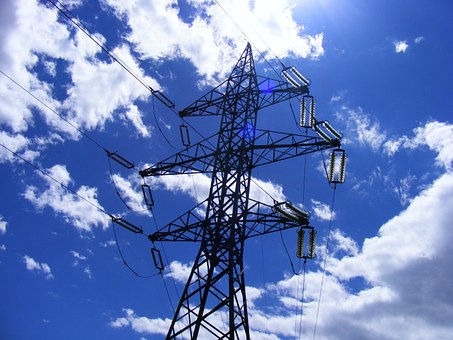New York Governor Proposes Bill to Strengthen Enforcement Tools for Utilities

Democratic Governor Andrew Cuomo on Oct. 28 proposed legislation to strengthen the state’s enforcement mechanisms to hold utilities accountable for inadequate preparedness and response to extreme weather events such as Tropical Storm Isaias. The bill would increase penalties to shareholders for failing to comply with emergency response plans and other violations, and also expedite the process of revoking utilities’ license to operate as franchise. Further, the measure would require the Public Service Commission to cap the amount of money that ratepayers contribute to utility executive salaries.
The move is in response to recent events that have shown that existing penalties have been insufficient to deter actions or inaction that result in violations, which imperil public health and safety. Given the franchise that utilities are awarded to serve customers, the measure seeks to hold utilities to higher standards and ensure better service for ratepayers.
Under current law, electric utilities file emergency response plans with the commission detailing their preparedness for service outages resulting from extreme weather. The bill would extend enforcement mechanisms to other types of utilities and authorize the state to seek up to $500 per household for damages like spoiled food and lost medications due to extended outages. Utilities would be required to provide a plan for better communications to customers during an outage.
The bill would strengthen penalties by removing existing caps and replacing the penalty assessment system such that penalties are tailored to the nature and extent of the damage or harm caused by violations. Currently, penalties tied to reliability and continuity of electric service begin at $100,000 or .02 of 1 percent of annual intrastate gross operating revenue, whichever is greater, for each offense. Penalties increase to $500,000 or .04 of 1 percent, whichever is greater, for combo electric and gas utilities in restoring power after a major outage or emergency.
The legislation would also task the commission with conducting a study on whether private water suppliers on Long Island should be under municipal control, and submit a report by April 1, 2021.
EnerKnol Pulses like this one are powered by the EnerKnol Platform—the first comprehensive database for real-time energy policy tracking. Sign up for a free trial below for access to key regulatory data and deep industry insights across the energy spectrum.
ACCESS FREE TRIAL


